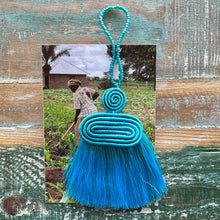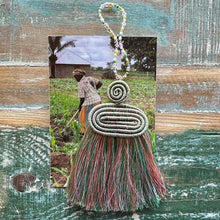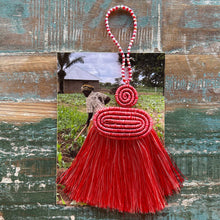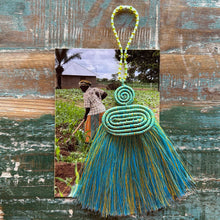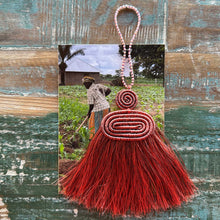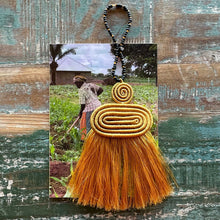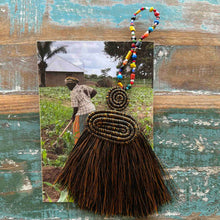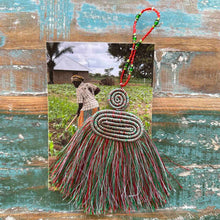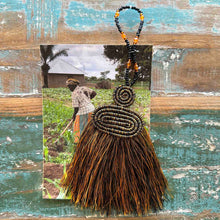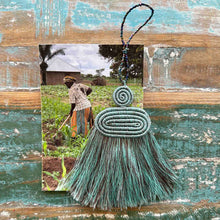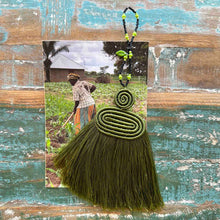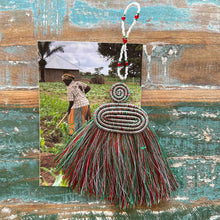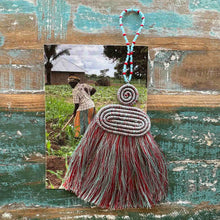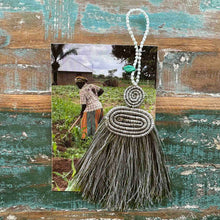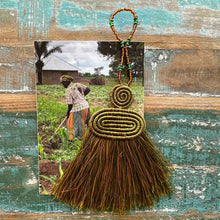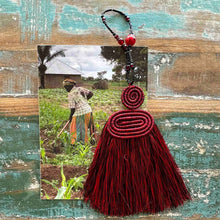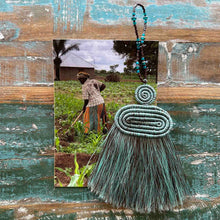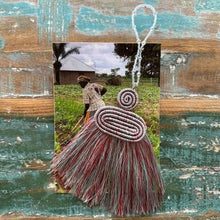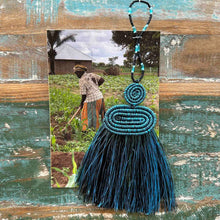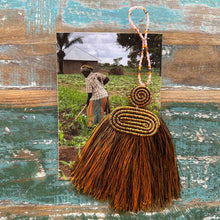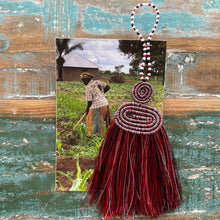
66% of Tanzanians are employed in agriculture & mostly on rural small holder farms. Rural women make up the majority of workers in the labour & production of farming crops.
Although women are physically contributing in agricultural work, they are predominantly regarded as helpers to male household heads. Many woman lack formal education & are not fully involved in decision-making for their work. Women lack inclusion in development & training opportunities & have little to no control over the income & benefits that come from their labour.
Gender inequalities are significant & women are disadvantaged. Women struggle for land ownership, & lack access to markets for income. Women earn a lower income despite their high participation in the sector & have limited access to resources which results in food insecurity, poor health & nutrition. Women also lack suitable and safe alternative employment options, particularly in rural regions. For many women, they have no alternative means to generate income to support themselves & their dependants. [FAO UN 2023]
East of Africa works to establish long term partnerships throughout East Africa for empowerment of women, the establishment of ethical trade & for growth & development through sustainable incomes. We are committed to job creation, trading in traditional handcrafts & teaching new creative skills, & mutual skill sharing. We provide support with micro-finance & resources, & income through creative products traded in the global Marketplace. These partnerships are sustainably on a small scale to enable us to effectively grow together.
In 2024 East of Africa will create a pilot project with a small collective of women in the farming region of Tabora, in central Tanzania to produce flexible income-generating employment through creation of handcrafts. Each woman is a farmer on family land. This work will be flexible & portable, completed by hand & not reliant on electricity. Women participating in the project will be able to completed their work around the demands of farming life.
Your purchase of our KUKUA PAMOJA Christmas decorations will enable us to employ a part time local project manager, invest in the creative resources, team training & to pay for the work of the collective of women during the pilot program for 2024. The aim for the KUKUA PAMOJA project is to produce a collection of custom hand crafted products we together sell by Christmas 2024 KUKUA PAMOJA - growing together.
Decorations are approximately 22cm long, directly traded from Women in Singida Central Tanzania from woven embroidery thread with a beaded loop.





















